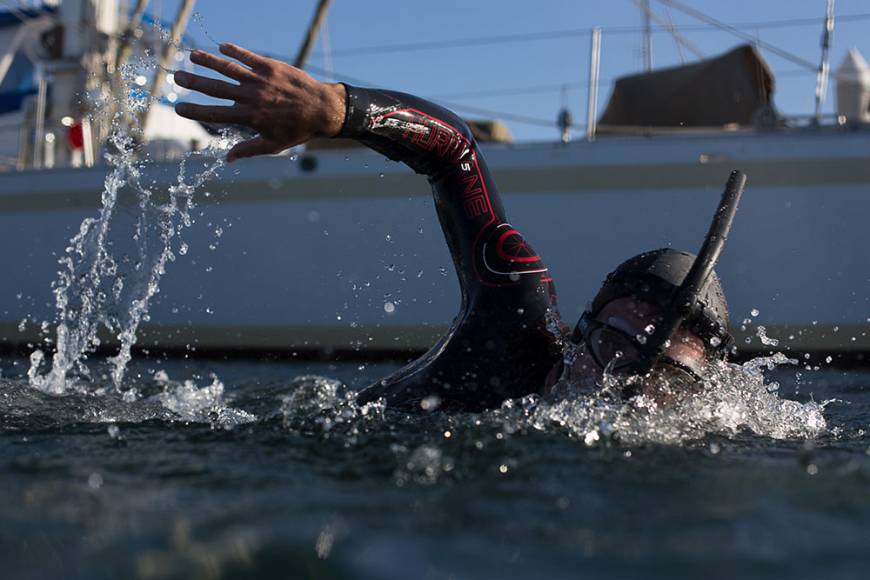
In recent years, more than 60 countries have enacted policies to limit plastic use and more people embark on zero plastic challenges. Emerging epicenters of this movement are in capital cities across Africa.

Marriott Hotels will be eliminating plastic straws from its 6,500 hotels within the next year.

More than 1,000 square feet of plastic ultimately destined to pollute the ocean is getting a second lease on life in Rotterdam.

Starbucks gives away over 1 billion straws with their iced drinks every year – but not anymore, thanks to their latest environmental initiative.

By the end of June, Woolworths and Coles will have entirely phased out the existence of single-use plastic bags from their stores, a move that is anticipated to deter billions of bags from ending up in seas and landfills.

A creation is an underwater device that uses light to detect harmful pollution in the ocean and it does so without harming living organisms.

Ikea just announced a bold update to its sustainability initiatives in an effort to become "people and planet positive" by 2030.

Big news from India: the country aims to abolish single-use plastic in about four years. The move could dramatically reduce the flow of plastic from 1.3 billion people.

In early June, Ben Lecomte will enter the waters to begin a 10,000-km swim across the Pacific Ocean that seeks to shine a light on ocean pollution and plastic contamination.

Plastic utensils, straws, coffee stirrers and cotton swabs may soon be a lot harder to come by in Europe. The EU Commission is to present its plan to ban the single-use products in the fight against plastic waste.
National Geographic is launching of Plastic or Planet initiative. It will be a long-term, multi-year commitment.

Wet wipes are accumulating on the river beds and changing the course of rivers. They are made up cotton and plastic woven together and are non-biodegradable products that pollute the environment very severely.

New images show that The Ocean Cleanup is building an innovative plastic-scooping system in Alameda, CA, and they’re planning to launch it as early as this summer.

Each year on April 22, many people stop to think about the health of the world environment, as as if it were a New Year's Day for nature, many make resolutions to treat the world around them more responsibly.

The company has joined the growing number of multinational companies, which are recognizing their crucial role in reducing the amount of global plastic waste.